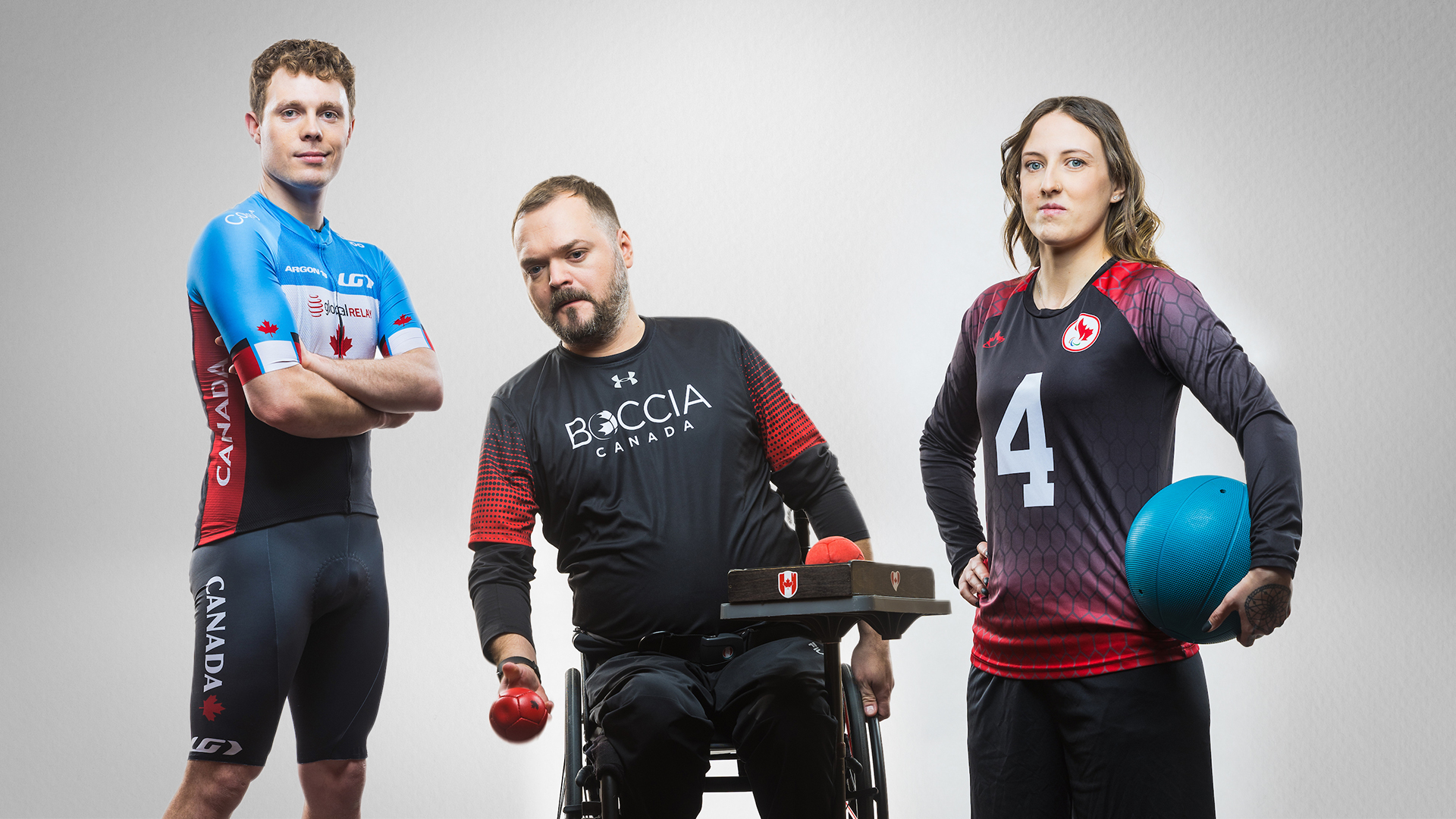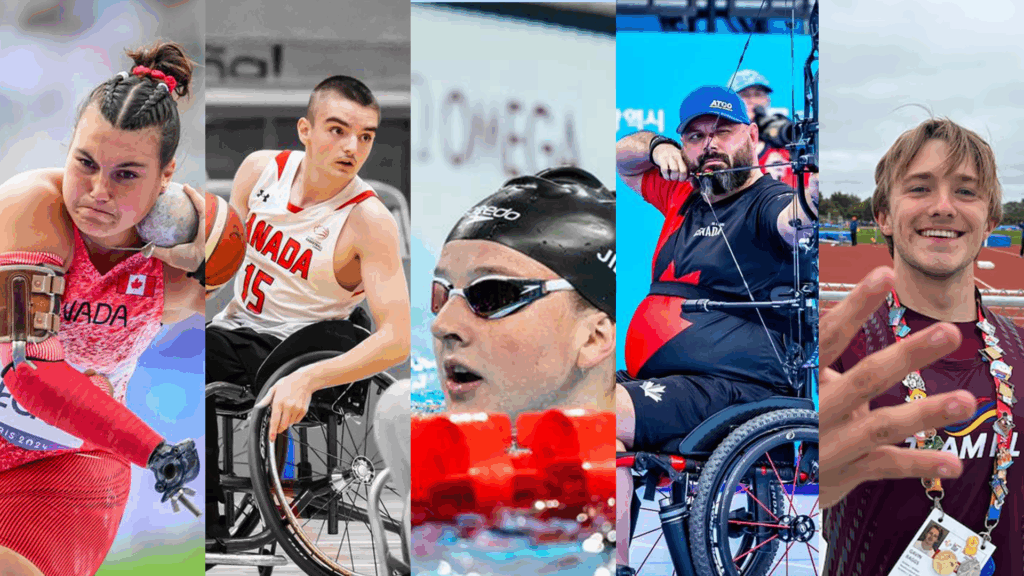Bell Let’s Talk: The mental health ‘’roller coaster’’ of Paralympians
Managing highs and lows is key to success

This past summer at the world championships in Glasgow, Scotland, Nathan Clement became a world champion in Para cycling for the first time. Yet in what was expected to be a great moment of celebration, Clement struggled to compose himself in the media mixed zone.
A former national team Para swimmer as well, Clement recalled his support team, from family to friends to coaches who pushed him through the good and bad times. He even paid tribute to his grandfather who took him to the children’s hospital in Vancouver by car and other appointments after Clement had his stroke. Afterwards they’d go each time for ice cream.
“I’ve always loved sports my whole life and always understand when athletes get emotional when they win what they dream,” said the 29-year-old from Vancouver.
Clement, women’s goalball national team member Meghan Mahon, and boccia star Iulian Ciobanu discussed the various mental health challenges for high performance athletes in a Canadian Paralympic Committee panel last year. Each must juggle a serious commitment to Para sport along with school, work, family and of course their disability. They admit at times it can be overwhelming and sacrifices need to be made.
For Mahon, who helped Canada qualify for the Paralympic Games last November with gold at the Parapan American Games, she admitted that early in her career mental health management wasn’t a priority. Mahon also reinforced the importance of seeking help.
“For myself, it took quite a while to be able to accept that I had to take care of my mental health in order to continue to take care of my physical health,” said Mahon, a visually impaired athlete born with a genetic cone-rod retinal condition (achromatopsia). “And that included reaching out for support, counseling, therapy, mental performance consultants.”
Mahon, 27, mentions that mental health issues in personal lives can affect athletic performance and vice versa. No one is the same.
“I don’t think there’s really a clear cut as to how it affects us as a high-performance athlete and it really is just the understanding that everyone’s mental health is also their own journey, just like physical health.”
Forty-year-old Ciobanu, who has a degree in psychology and has two daughters with his wife Corina, says he’s learned tricks from managing family life that he incorporates into his high performance sports career.
“My mental performance made me realize that I can use something that I was already using such as being very organized. Because of my family I realized that I could organize a lot of stuff so why not use it in sport,” said the two-time Paralympian.
Lulls in high performance athletes’ lives are another challenge. Unlike professional sport leagues, these athletes don’t compete multiple times a week; often major competitions are months apart and usually there are only a handful each year.
“The best way I can describe it is that it’s a roller coaster,” said Mahon. “There’s so much excitement. It’s such a long four years, you build up and then you get to a Games which is the high point. You’re beyond excited to get there. There are those stressful moments. You don’t know what emotion you’re going to feel in the next five seconds.
“Then you get home, and everything is a dead stop.”
Clement re-emphasized the importance of being well surrounded in those important times.
“The biggest thing I learned is making sure in and outside of sport you’re surrounding yourself with the right people who you can mutually support.
“Having that balance is so key and crucial where you have the right people around you in your life.”
Bell Let’s Talk Day is Wednesday, January 24.
Since 2011, Canadians and people around the globe have joined in the world’s largest conversation around mental health on Bell Let’s Talk Day. Together we have taken big steps to reduce the stigma around mental health issues, inspire one another to take action, and help create a Canada where everyone can access the mental health support they need. But it is clear more needs to be done. For more information about how you can take action to create real change, visit LetsTalk.Bell.ca.



"*" indicates required fields
"*" indicates required fields